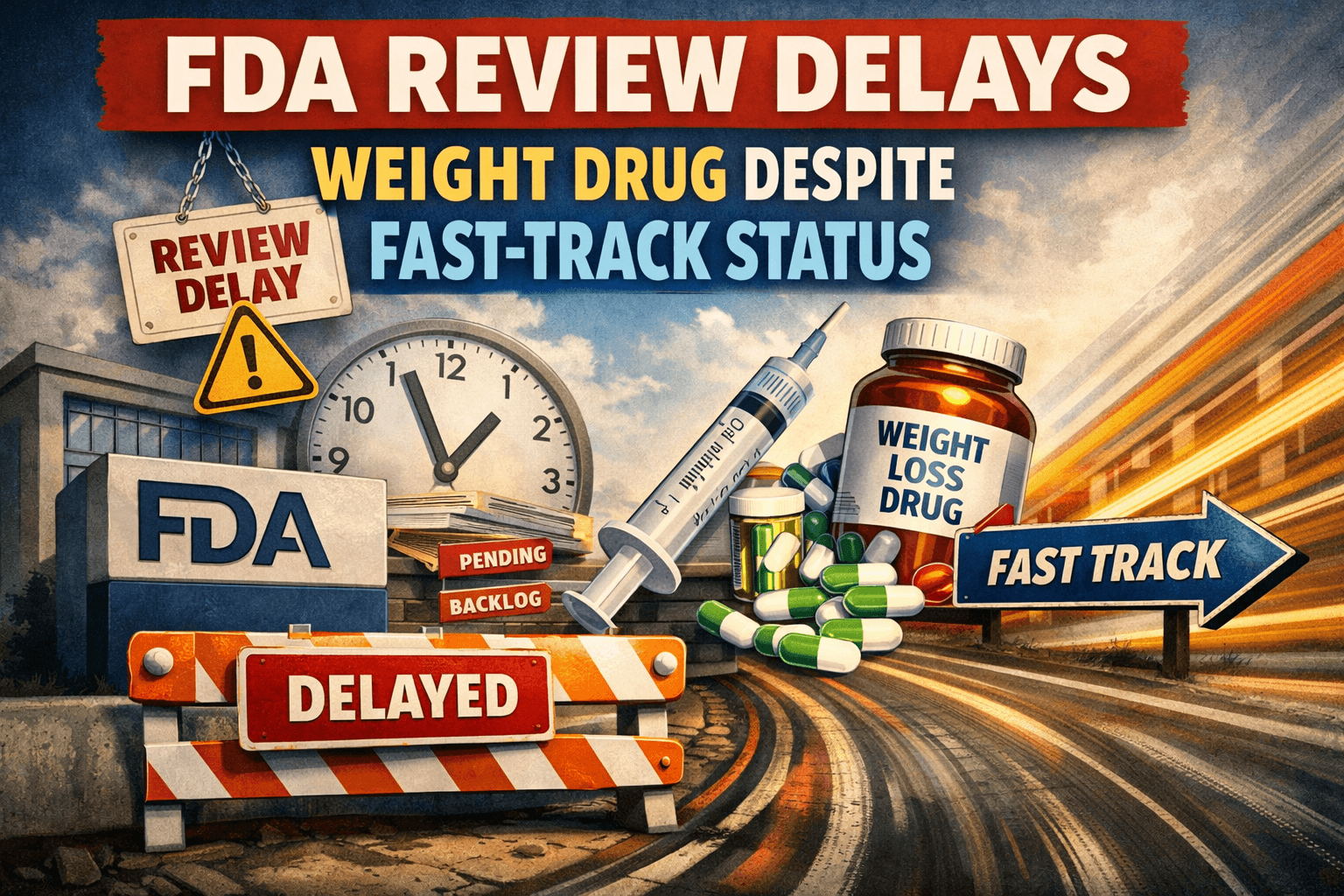The Vaping Market Is a Case Study in Regulation Gone Bad
Feb 13, 2025
By Charles Sauer, February 13, 2025 | From: RealClear Health
James Dean smoking a cigarette while leaning on a car in a leather jacket captured the hearts of females and set the tone for the personalities of young men in the 1950’s. He was a rebel and an icon. Today, that image would be a bit different. Mr. Dean would probably be wearing a $100 white shirt under either a vegan leather coat or classic sailor type sweater, leaning on a Tesla (not a Cybertruck), and smoking an e-cigarette.
It hasn’t taken long for cigarette smoking to almost fully be erased from society. Sure, people still do it, but today we are more likely to see people smoking other drugs on the street than cigarettes.
That is a good thing.
During President Trump’s first administration, the FDA announced that it would ban all flavors of e-cigarettes except tobacco and menthol for pod-based e-vapor products. The rule was intended to build on the progress that had made to reduce smoking and keep kids away from nicotine. But as is the case with most regulations, good intentions didn’t translate to good policy.
U.S. based companies have complied, but Chinese companies have not. In fact, they have flooded the U.S. market with illegal flavored disposable products; products they can’t even sell in China and made with the same intellectual property created in America. It isn’t just a few rogue actors, though, these illegal products now account for more than 85% of the sales in the U.S. With U.S. companies standing down – as instructed – Chinese companies that don’t care about complying have not. They have an economic incentive to ignore the rules.
President Trump can credit his reelection last year in part to the Biden administration’s failure to secure the southern border. While most of the attention around the issue concerned illegal immigration, Biden’s lack of border security also gave Chinese manufacturers a window to export their counterfeit goods. And when pressed, these companies have hid the ball, changing the names of their products or mislabeling them in shipping containers as battery charges, flashlights, or even toys.
Misbranding? Sure. Mislabeling? Not an issue? Intellectual Property questions? Sure, come on in. When billions of dollars are at stake, why not play fast and loose.
In some ways, this maneuver is not entirely unprecedented. Uber thumbed its nose at the laws and revolutionized an industry. However, e-cigarettes are a bit different. For one, since brand identification isn’t the demand driver, and the products are illegal to begin with, there isn’t a need for quality control. There isn’t any insight into the companies sending the products. Therefore, if there are any health concerns with whatever chemicals are actually being used – the company can just change its name and keep operating. And, therein lies the real issue. Laws aren’t working, and the economic incentives of providing a quality product have been removed from the market.
It seems like there are two ways forward. Either, President Trump can remove the ban on flavored disposable e-cigarettes, or he can start enforcing our ports. That would at least put U.S. companies on the same competitive level as Chinese companies. Realistically, he should probably do both, because it is also likely that many of these foreign-owned companies are stealing intellectual property to even create their products in the first place.
The president is off to a good start, with his International Trade Commission issuing a decision to ban imports of the NJOY Ace, a vaping product created in China that violated multiple patents owned by American vaping pioneer Juul Labs. But he can and should do more to protect U.S. innovation.
Regulations slow down the economy; Even regulations that might be considered beneficial have a drag on the economy. What’s worse, though, is allowing other countries to evade these regulations. What does it say about the rule of law? And, what does it say to entrepreneurs here at home?
Cigarettes still cause more than 480,000 Americans to die prematurely every year. Vaping was an amazing innovation that aimed to reduce that number to zero. The regulations that harmed the industry in the U.S. were not well created, and they have been enforced even worse. We need a new path forward. Protecting our IP laws, enforcing U.S. laws at the border, and most importantly considering or reconsidering all regulations that put U.S. companies at a global disadvantage – while also harming American citizens – should get a second look, and hopefully be thrown out like a disposable flavored e-cigarette cartridge; Probably not like James Dean with a cool rebel flick, but with a satisfying clunk into a nearby trashcan.
Type something …
Search

















